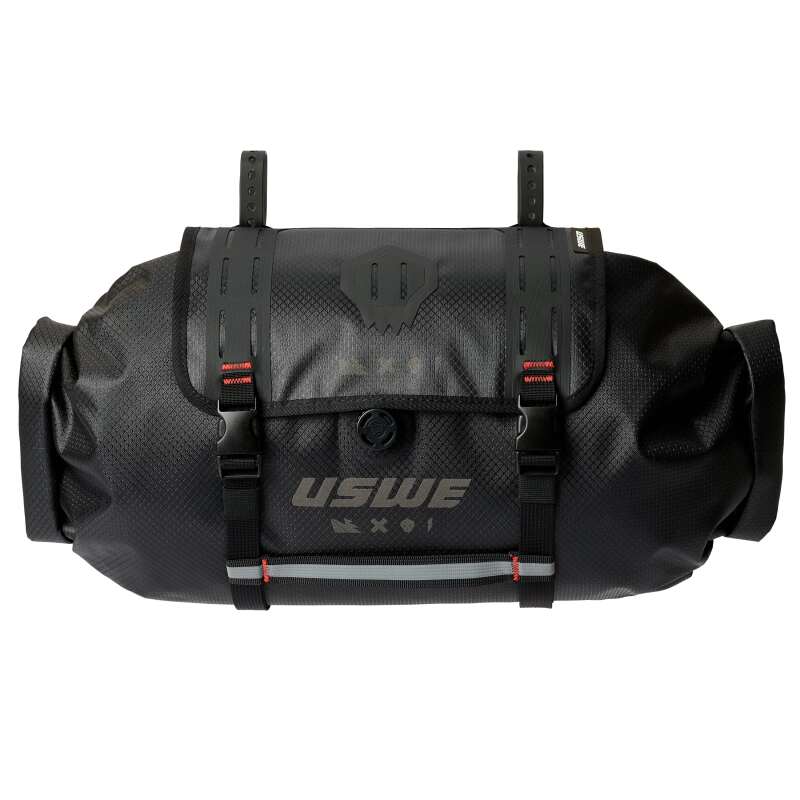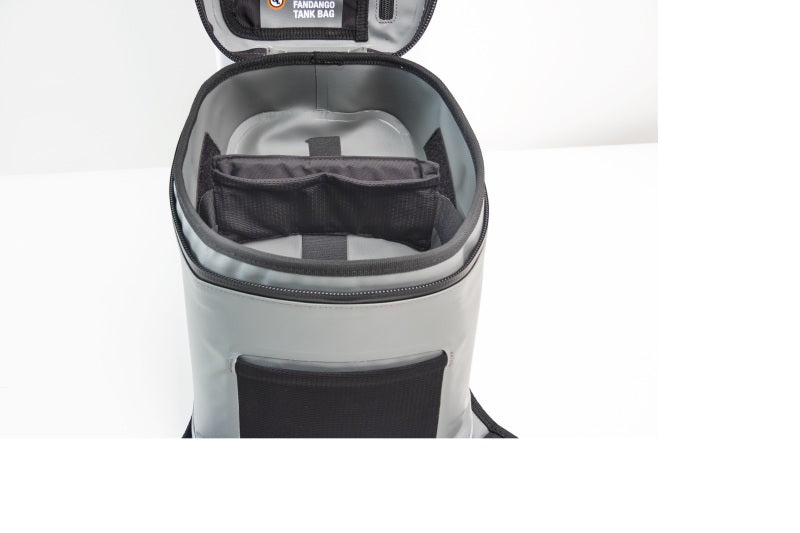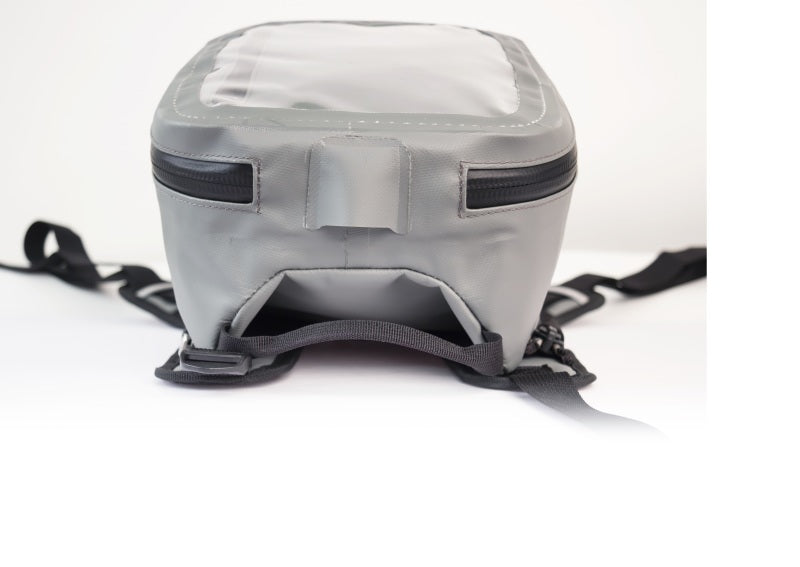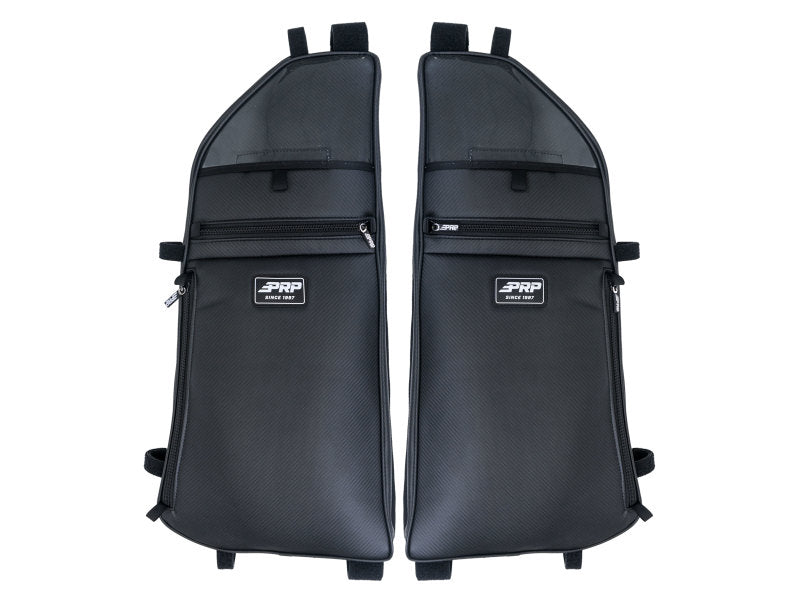Do you ever wonder how hot your muffler gets while you're driving? It's a common question among car enthusiasts and regular drivers alike. Mufflers play a crucial role in reducing the noise level of your car's exhaust system, but they also generate a significant amount of heat. Knowing how hot your muffler gets and how to manage that heat can help you maintain your car's exhaust system and prevent potential safety hazards.
In this article, we'll dive into the science behind mufflers, the temperature ranges they can reach, and the factors that affect their heat output.
How Mufflers Work
You may not realize it, but your muffler is working hard to quiet the sound of your car's engine by using a series of chambers and baffles to slow down and redirect the exhaust gases.
The muffler is a crucial component of exhaust systems in cars and trucks, as it helps to reduce the noise and also plays a role in improving engine performance.
The basic design of a muffler involves a series of chambers that the exhaust gases pass through. These chambers are lined with baffles, which are essentially thin plates that force the exhaust gases to change direction and slow down.
As the exhaust gases pass through the muffler, they continue to bounce around between the chambers and baffles until they finally exit through the tailpipe, producing a much quieter sound than if they had been released straight from the engine.
Temperature Ranges
When driving, it's important to remember that mufflers can reach high temperature levels. This is because the muffler is part of the exhaust system, which expels hot gases generated by the engine.
The temperature of the muffler can vary depending on the vehicle, but in general, it can range from 300 to 600 degrees Fahrenheit. However, in high-performance vehicles or motorcycles with performance exhaust tips, the muffler can reach even higher temperatures, up to 800 degrees Fahrenheit or more.
Therefore, it's essential to be cautious and avoid touching the muffler or parking over dry grass or leaves that could ignite due to the high temperature.
To prevent overheating and potential damage to the muffler, it's crucial to maintain the vehicle's exhaust system properly. Regular inspection and cleaning of the muffler and other exhaust components can help prevent the buildup of debris, rust, and other materials that can affect the system's performance.
Additionally, upgrading to a higher-quality muffler can improve the exhaust system's efficiency and reduce the risk of overheating.
By being aware of temperature ranges and taking appropriate measures, you can ensure safe and optimal functioning of your vehicle's exhaust system.
Factors Affecting Heat
As a driver, it's important to understand that various factors can impact the heat levels of your vehicle's exhaust system. One of the factors is the type of muffler you have. A custom muffler typically has better construction and materials that can handle high temperatures. A stainless steel muffler can also withstand higher temperatures compared to an aluminized or regular steel muffler. So, if you want to reduce the heat levels of your muffler, consider investing in a custom or stainless steel muffler.
Another factor that can affect the heat levels of your muffler is the size of your car or truck. Larger vehicles tend to generate more heat, so if you have a bigger car or truck, it's important to choose a muffler that can handle the higher temperatures.
Additionally, how you drive your vehicle can also impact the heat levels of your muffler. If you frequently drive at high speeds or in stop-and-go traffic, your muffler will generate more heat. To reduce the heat levels, try to avoid aggressive driving and practice good maintenance tips like keeping your exhaust system clean and free from debris.
Thermal Management
Thermal management plays a crucial role in the overall performance and longevity of a vehicle's exhaust system. Proper management of heat can prevent damage and extend the lifespan of the muffler.
One tip for managing heat is to choose a custom muffler that's designed to handle the specific needs of your car or truck. Custom mufflers are often made of high-quality materials, such as stainless steel, which can withstand high temperatures without warping or cracking.
Another tip for managing heat is to make sure that your exhaust system is properly installed and maintained. A well-maintained exhaust system will reduce the amount of heat that's generated and will help to prevent any potential problems that could lead to costly repairs.
Regular inspections can identify any issues before they become serious, and repairs can be made quickly and efficiently. By following these tips and taking care of your vehicle's exhaust system, you can ensure that your car or truck runs smoothly and efficiently for years to come.
Exhaust System Maintenance
To keep your vehicle's exhaust system running smoothly, you should regularly maintain it to prevent any potential issues that could lead to costly repairs.
One of the main components of the exhaust system that should be regularly checked is the muffler. The muffler plays an important role in reducing the noise produced by the engine and also helps to regulate the temperature of the exhaust gases. Over time, mufflers can become damaged or clogged, leading to poor engine performance and an increase in exhaust noise.
Aside from the muffler, other parts of the exhaust system that should be checked during maintenance include the pipes, tubing, and tailpipe. These components can become corroded or damaged, leading to leaks and potential safety hazards.
Regular maintenance can help to identify any issues early on and prevent them from escalating into more serious problems. By keeping your exhaust system in good condition, you can ensure that your vehicle runs smoothly and safely, while also reducing the risk of costly repairs down the line.
High Performance Exhausts
Upgrading to a high performance exhaust can boost your vehicle's power and give it a more aggressive sound. When it comes to high performance exhausts, mufflers play a crucial role in enhancing the overall performance of your vehicle. These mufflers are designed to allow exhaust gases to flow more freely, which results in increased horsepower and torque.
Additionally, high performance mufflers are often constructed with high-quality materials such as stainless steel, which makes them more durable and resistant to corrosion. If you're interested in installing a high performance exhaust on your vehicle, it's important to do your research and choose an aftermarket system that is specifically designed for your make and model.
Installation of a high performance exhaust can be tricky, and it's best to leave it to a professional mechanic who has experience with this type of upgrade. With the right high performance exhaust system and proper installation, you can enjoy improved performance, a more aggressive exhaust note, and a unique look for your vehicle.
Muffler Materials
When you're looking to enhance your vehicle's performance and give it a unique sound, choosing the right materials for your muffler can make all the difference.
Mufflers come in a variety of materials, including stainless steel, aluminized steel, and titanium. Each material has its own advantages and disadvantages, so it's important to choose the one that's right for your needs.
If you're looking for a custom look, you might consider a black or chrome muffler. Black mufflers can give your vehicle a sleek, modern look, while chrome mufflers add a touch of shine and sophistication.
Whatever material you choose, make sure it's durable and designed for high performance use. With the right muffler, you can enhance your vehicle's performance and give it a sporty, unique sound that sets it apart from the rest.
Heat Shielding Solutions
If you're looking to improve the efficiency and safety of your car or truck, investing in heat shielding solutions is a great idea. Heat shielding can help protect your vehicle's sensitive components from high temperatures, which can cause damage and reduce performance.
One of the most popular materials for heat shielding is aluminium. This lightweight and durable metal is an excellent heat conductor, which means it can quickly dissipate heat away from your vehicle's engine, exhaust system, and other components.
When it comes to heat shielding solutions, there are a few tips to keep in mind. First, it's important to choose a reputable supplier who uses high-quality materials and manufacturing processes. This will ensure that your heat shielding is effective and long-lasting.
Second, consider the specific needs of your vehicle when choosing heat shielding products. For example, if you have a high-performance car or truck, you may need more advanced heat shielding solutions than a standard vehicle.
Finally, be sure to follow the manufacturer's instructions for installation and maintenance to ensure optimal performance and safety.
Safety Precautions
Now that you know about heat shielding solutions, it's time to talk about safety precautions. It's important to remember that mufflers can get extremely hot, especially after prolonged use. This is why taking safety measures is crucial when dealing with mufflers on your car or truck.
First and foremost, always ensure that the muffler has cooled down before attempting to touch it or work on it. The last thing you want is to burn yourself and get injured.
Additionally, if you notice any unusual sounds coming from your muffler, it's best to get it checked out by a professional. Ignoring strange noises can lead to bigger issues down the line.
Lastly, if you're installing a new muffler, consider choosing one made of aluminium. This material is known to dissipate heat better than other metals, making it a safer option.
By following these tips, you can keep yourself and your vehicle safe while dealing with hot mufflers.
Environmental Impact
Reducing the environmental impact of vehicles is a pressing issue in today's world. One way to address this issue is to consider the hot mufflers on cars and trucks.
Mufflers are responsible for reducing the noise and emissions from the engine, but they also produce a significant amount of heat. This heat can contribute to the overall temperature of the environment, especially in urban areas where there are high volumes of traffic.
To reduce the environmental impact of mufflers, there are a few things you can do. Firstly, you can consider adding insulation to the muffler to reduce the amount of heat it produces. Secondly, you can choose to use a muffler that's designed to be more efficient, which can help to reduce emissions and heat.
Finally, you can make sure that your vehicle is properly maintained, as a well-maintained vehicle is likely to produce fewer emissions and heat. By taking these steps, you can help to reduce the environmental impact of mufflers and contribute to a cleaner and more sustainable world.
Conclusion
So, now you know how hot mufflers can get. Remember, mufflers are an essential component of your vehicle's exhaust system, and it's important to understand their temperature ranges to prevent damage or injury.
Regular maintenance and inspections can help identify any potential issues with your muffler or exhaust system, which can prevent dangerous situations. Additionally, there are various materials and heat shielding solutions available to help manage and reduce muffler heat.
Always prioritize safety and be mindful of the environmental impact of your vehicle's exhaust emissions. With proper care and attention, you can keep your muffler and exhaust system functioning efficiently and safely for years to come.




